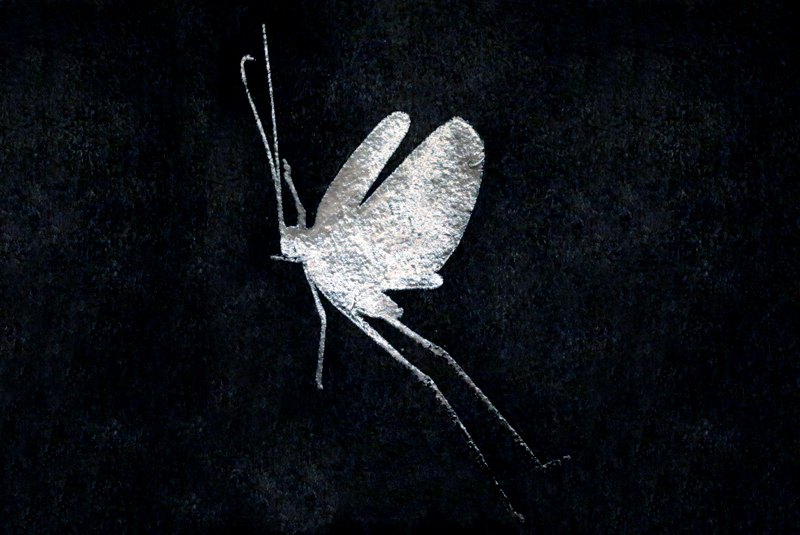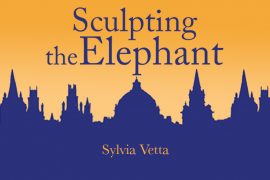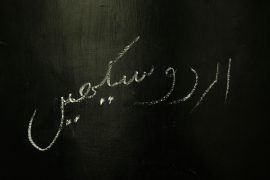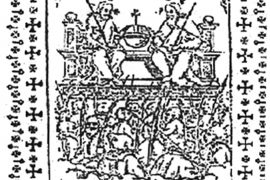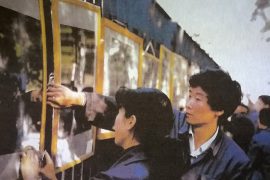Sometimes, the best way to challenge a dangerous consensus is to ask questions. In the midst of India’s many trysts with nationalism, Arundhati Roy examines the functioning of the world’s largest democracy and asks some of the most uncomfortable yet pertinent questions:
Is there life after democracy? What sort of life will it be? What happens once democracy has been used up?
It is these questions that form the crux of her collection of essays “Listening to Grasshoppers”. These essays reflect different periods in India’s recent history, such as the 1998 Pokhran nuclear tests, the 2001 attack on Parliament, the 2002 pogrom in Gujarat, the trial and sentencing of Afzal Guru and the visit of George W. Bush to India. During each of these, Roy found an inconvenient truth to raise as question.
Nearly a decade on, we still don’t have answers to many of them. Was the 1998 nuclear test necessary? Did India hang the right man regarding the 2001 attack on parliament? Was the Prevention of Terrorism Act (POTA) misused to arrest the innocent? Are our courts functioning in accordance with our rights? Were the 1984 or 2002 riots ‘spontaneous reactions’ to perceived injustice?
Copyright©Madras Courier, All Rights Reserved. You may share using our article tools. Please don't cut articles from madrascourier.com and redistribute by email, post to the web, mobile phone or social media.Please send in your feed back and comments to editor@madrascourier.com

